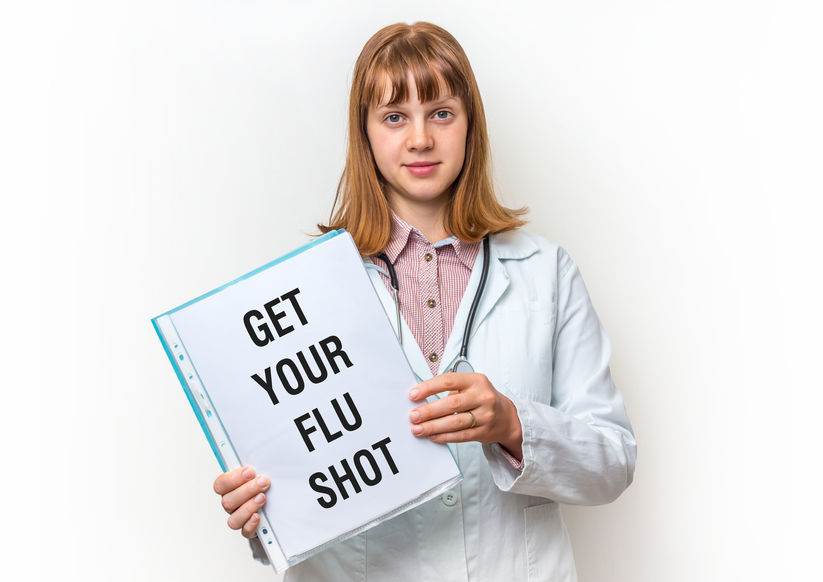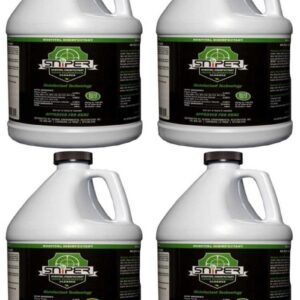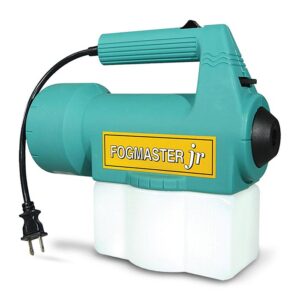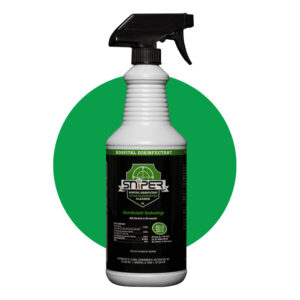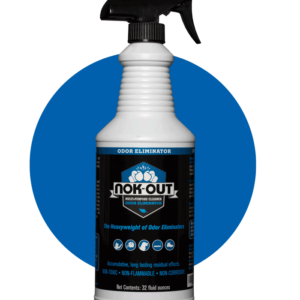The flu season is upon us – again – and according to the Center for Disease Control (CDC), “This year’s flu season may be especially severe“. According to the CDC, “This is the first year we had the entire continental U.S. be the same color on the graph. Meaning there’s widespread activity in all of the continental U.S. at this point”. An influenza strain known as H3N2 is the most prevalent this year and the vaccine developed to protect us is “about 30% effective”, the CDC says. For most people, getting the flu is uncomfortable, but little more. Some people however, including those with underlying health conditions, are more vulnerable. The most vulnerable are the elderly, children younger than five (and especially younger than two) as well as residents of nursing homes and longer care facilities. If you are concerned, and want to protect your family against the spread of the flu, here are some precautions you can take to keep your family safe.
1) Get a Vaccination
With only a 30% effectiveness rate, you may think, why bother? But some protection is better than none. And if you do get the flu after getting the vaccination, it is likely that your bout with the flu will be much milder than someone who didn’t get vaccinated at all. This is especially important if you are a member of one of the most vulnerable groups.
There could still be up to 13 weeks of flu season remaining. Be aware that there is often a rise in the prevalence of the ‘B’ strain of influenza later in the season. Getting vaccinated may help protect your family.
2) WASH YOUR HANDS FREQUENTLY!
This is probably the single most important thing you can do. The reason is that we are constantly touching the same places: door knobs, keyboards, money, steering wheel and so on.
You can use SNiPER to wash your hands – it is perfectly safe. Just spray your hand, then ‘air-wash’ them to help spread the spray effectively on both hands. Hold them up to air dry for 1 minute.
If you have the flu:
a) Don’t go to work (or school). You will potentially spread it to others! Stay home for 24 hours after the fever subsides.
b) If you can see a doctor within the first 48 hours, you may be able to take antiviral meds to shorten the length of time you are sick and reduce it’s severity.
c) Cover your mouth and sneeze into a tissue or handkerchief – not into the air!
3) How can I keep the rest of the family safe if one member gets the flu?
Spray ‘high contact’ areas with SNiPER Hospital Disinfectant. The CDC tells us that “Most people are at peak contagiousness in the three or four days after becoming sick, but you may be able to infect others from a day before to seven days after developing symptoms“. Spraying high contact touch surfaces will reduce the likelihood of spreading contagions. High contact areas could include doorknobs, push plates on swinging doors, light switches, handles, even money! Take a small 4oz bottle of SNiPER to the gym and spray the equipment you use.
Replace your air filters. If they don’t need replacing just yet, spray them with SNiPER to kill trapped germs.
If you have a ‘fogger’ use it to treat many surfaces (and the air) efficiently. See https://blog.nokout.com/to-fog-or-not-to-fog/. If you don’t have a fogger, you may be able to use a common household Vaporizer to treat a room. See https://nokout.com/Vaporizer-How-to-use.html. Treating rooms or your home in this way can reduce exposure to other family members, so this makes perfect sense.
4) Use that Humidifier
Recent studies show that it is not so much the cold weather that helps spread the flu, but the relative humidity. According to one expert, “We don’t have the airtight evidence that a humidifier reduces your chance of getting sick, but we know that dryness is bad for you. Low relative humidity can dry out your nasal passages, making you more vulnerable to the flu virus and other bugs.” The ‘sweet spot’ appears to be a relative humidity range of 40% to 60% for overall health. See: https://blog.nokout.com/safe-humidifier-use-eases-the-pain-caused-by-dry-air/
SNiPER is a great tool in your toolbox to fight the influenza virus, and protect your family, because, while there are many disinfectants capable of killing germs, most other disinfectants are highly corrosive, or highly toxic or just plain dangerous. SNiPER has the lowest toxicity rating that the EPA gives in ALL FOUR Categories: inhalation, ingestion, to skin, and to eyes, so it is safe for you, your family and your pets also.

